What
GlyProVac is a pre-clinical biotech platform developing new bacterial subunit vaccines using its patented BEMAP technology.
Problem
GlyProVac addresses the need for new bacterial vaccines to combat the growing silent pandemic of antimicrobial treatment resistance.
Solution
Starting with E. coli-based infections like UTIs, GlyProVac’s BEMAP platform is an engine for creating novel bacterial vaccines.
Harnessing glycosylations to combat antimicrobial resistance.
In GlyProVac ApS we aim to design and develop novel, efficient bacterial vaccine candidates based on our proprietary platform technology BEMAP. Using BEMAP, we have revealed that both benign as well as disease causing bacteria such as E. coli, Pseudomonas aeruginosa and Shigella. extensively modify their proteins with distinct sugar molecules, known as O-linked glycosylations. These modifications drastically influence the topology of the protein and are particularly well recognized by the human immune response.
Antibiotics resistance (AMR) is one of the biggest health challenges of the 21st century, compromising our ability to treat even simple infections. In 2050, 10 million people are expected to die yearly from untreatable microbial infections. New solutions are urgently needed, and vaccines offer a safe alternative to antibiotics.
Based on our paradigm changing discovery we believe inclusion of these modifications are crucial for the development of efficient bacterial vaccines. We are currently establishing PoC for this novel bacterial vaccine concept in Urinary Tract Infections (UTIs) caused by E. coli with the GlyProVac antigen GPV02. GPV02 holds pan E. coli vaccine potential of not only UTIs, but also diarrhoea, neonatal sepsis and the severe infections associated with Healthcare associated UTIs.
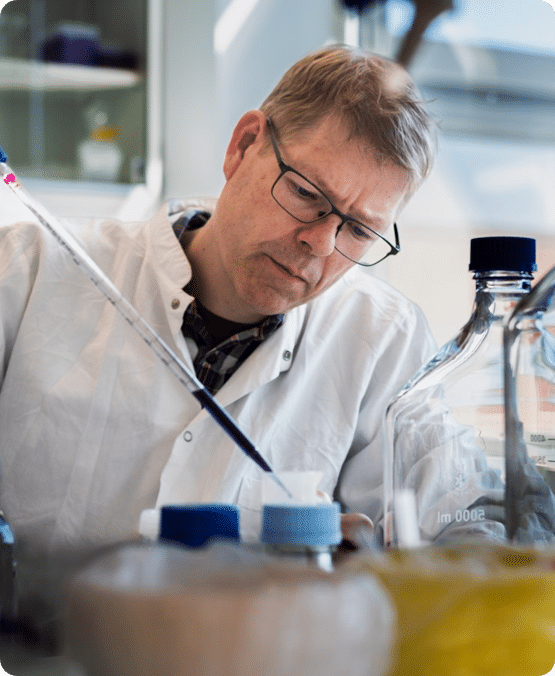
Technology
The novel BEMAP Technology
The GlyProVac BEMAP technology is a powerful sample enrichment method based on mass spectrometry, which allows comprehensive identification of any type of O-linked protein glycosylation. BEMAP is an extension of an SDU proprietary method, which was originally developed for enrichment of phosphopeptides. The BEMAP reaction efficiently substitutes O-linked carbohydrate moieties with a 2-aminoethyl phosphonic acid (AEP) group using base-catalysed β-elimination followed by Michael addition of the tag, thus allowing for selective peptide isolation using titanium dioxide.
Using BEMAP we have discovered that bacterial O-linked glycosylation is much more extensive than previously thought (see table below) and is especially important to Enterotoxigenic Escherichia coli (ETEC) compared to the commensal E. coli counterpart.
The bacterial monosaccharide building blocks are absent from eukaryotic cells and thus constitute a distinguishing feature of bacteria with important roles in pathogenesis. Most, if not all the protein-based vaccines produced nowadays are produced in the non-pathogen bacterium, thereby disregarding the site-specific O-linked glycosylation.
We believe that O-linked glycoproteins are an emerging reservoir of attractive targets for antimicrobial intervention.

Conventional vs. GlyProVac Antigens

Conventional bare protein backbone antigen

GlyProVac antigen with native O-glycosylations
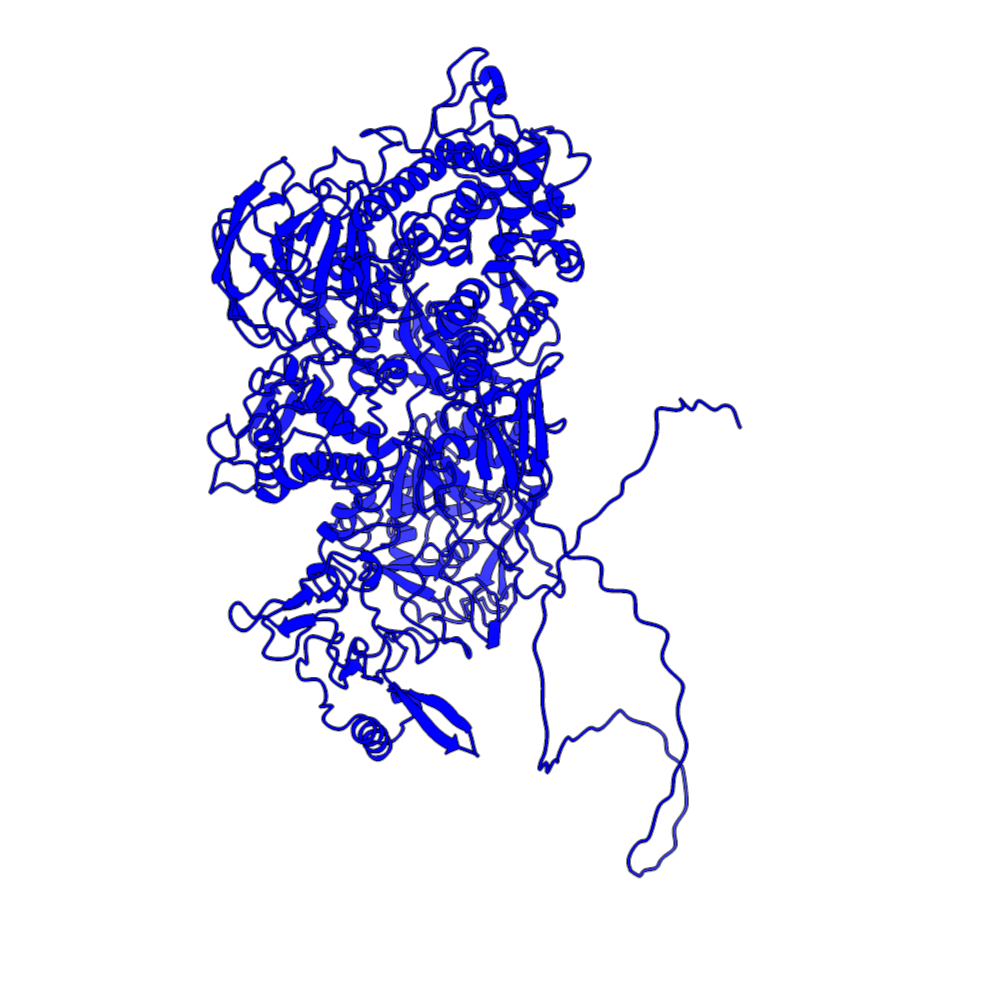
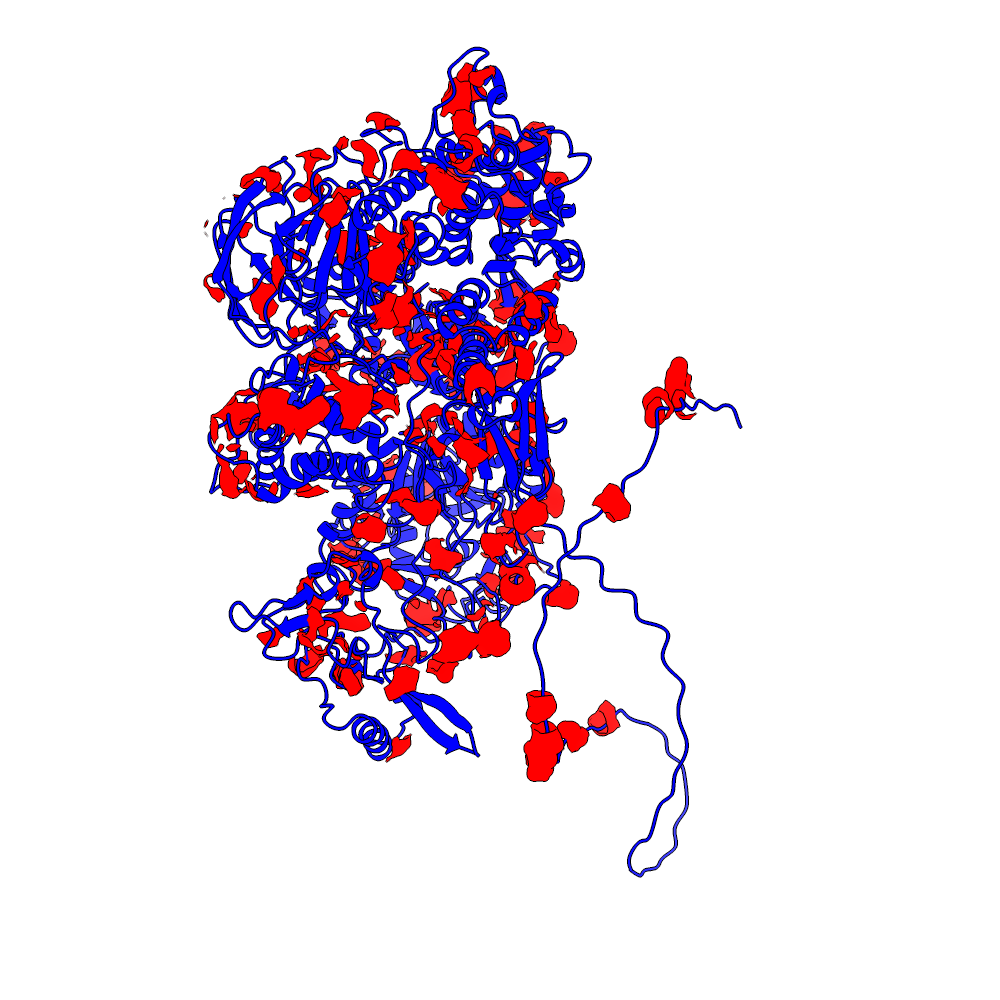
Funding Achievements
Private Placements
Non-dilutive Grants
Team
CEO, Co-founder and Co-inventor
COO and Co-founder
Senior Scientist
Laboratory Technician
Scientist
Bioinformatics & IT Specialist
Clinical Vaccine Development Lead
Student Assistant
In Company Master Student
Sustainability
Core values
Based in Denmark, Scandinavia, the core Danish work culture values are an integral part of everything we do—be it environmental, using energy from sustainable sources when possible and revising our protocols to utilize less harmful chemicals; social, with our commitment to rights to organize, payed parental leave, and a minimum of six weeks’ paid vacation; or governance, with strict financial reporting standards, focus on GDPR compliance, and integration of Quality Management Systems.
Environmental
In alignment with Danish environmental standards and our commitment to sustainability, we strive to minimize our ecological footprint. Our in-house research and development is conducted in laboratories certified at the highest level of Green Lab Certification, recognizing our engagement in sustainable practices. At least annually, we review our protocols to identify and implement less harmful chemicals that meet our rigorous quality standards.
Social
In alignment with Danish social values and legislation, we ensure safe and healthy working conditions with a focus on employee involvement and continuous risk assessments. Fair treatment is guaranteed through regulated working hours, fair wages, and the right for employees to organize and bargain collectively. We prohibit discrimination based on gender, race, religion, age, and more, promoting diversity and inclusion as both a legal requirement and a cultural norm. Gender equal parental leave policies and a minimum of six weeks’ paid vacation support our employees’ work-life balance and overall well-being, underpinned by a high level of trust in our team.
Governance
In alignment with Danish values of transparency and good governance, we adhere to strict financial reporting standards by publishing detailed annual reports to maintain stakeholder trust. We follow the Corporate Governance Code’s recommendations to ensure responsible management practices, with focus on quality control, risk management, and continuous improvement. Committed to data protection, we comply with GDPR regulations, safeguarding personal data and reinforcing trust with our partners.
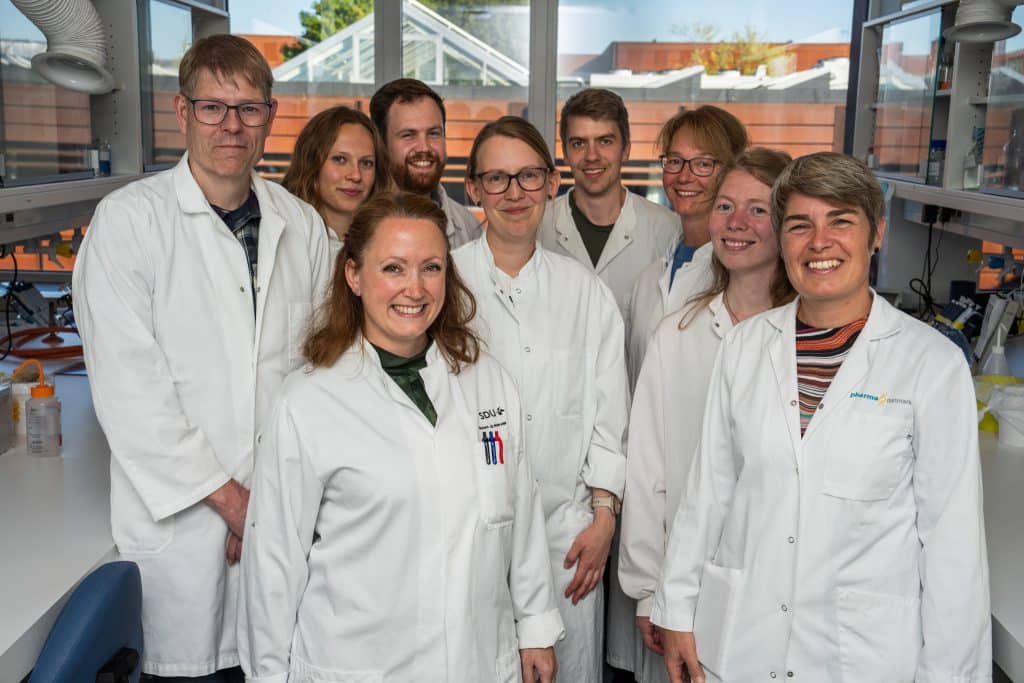

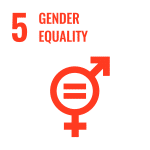
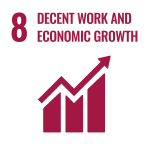
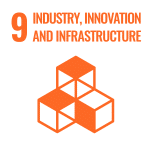
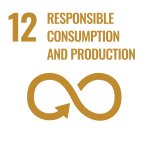

Intellectual Property
> Glycosylated YghJ polypeptides from enterotoxigenic Escherichia coli (ETEC), filing date 06-10-2016, publication number 3359559 (Europe) and 10,647,749 (USA). Granted in Belgium, Germany, Denmark, France, UK, Italy and USA. Independent claims granted in relation to Composition of matter and Medical use claims.
> Glycosylated YghJ polypeptides from enterotoxigenic Escherichia coli (ETEC), filing date 06-10-2016, publication number 11/655,274, Granted in USA. Independent claims granted in relation to BEMAP Method
> Glycosylated YGHJ full length vaccine, unpublished PCT application
Board
Chairman of the board
Board member
Board member
Board member













